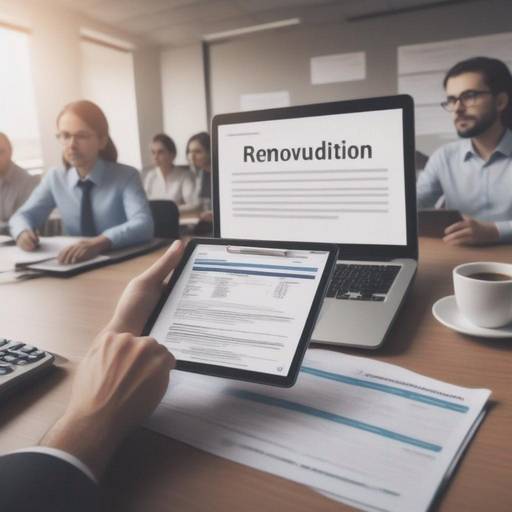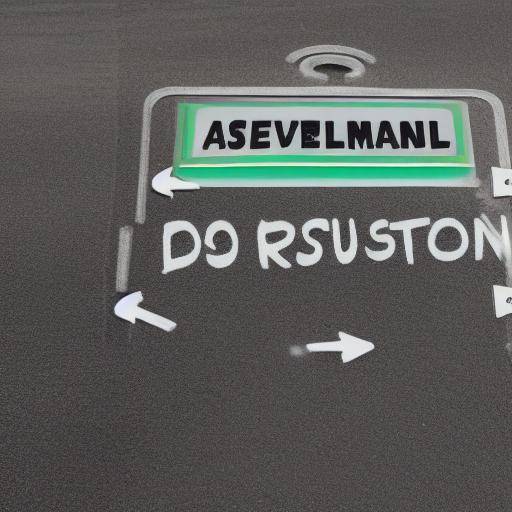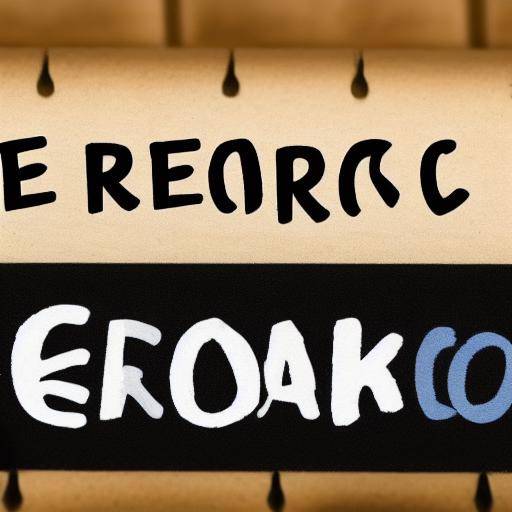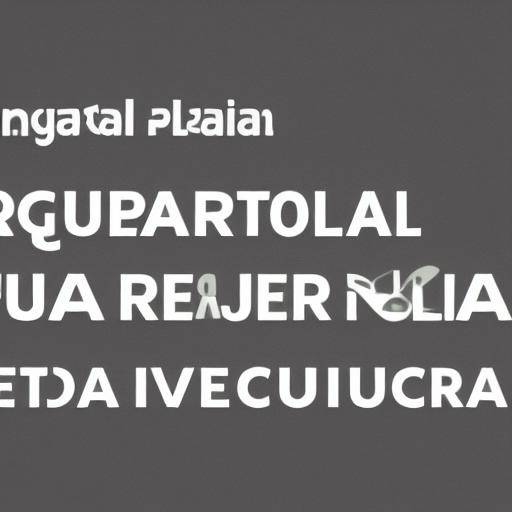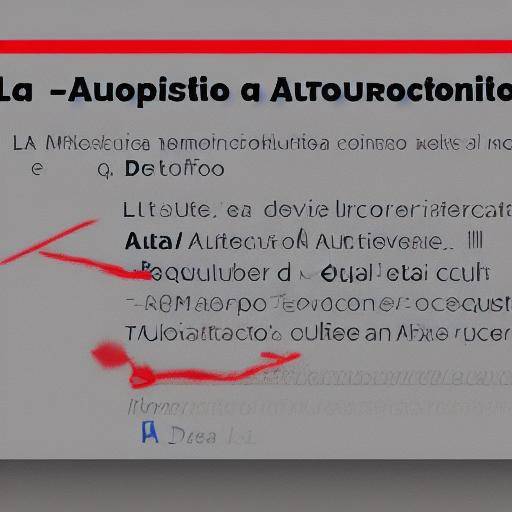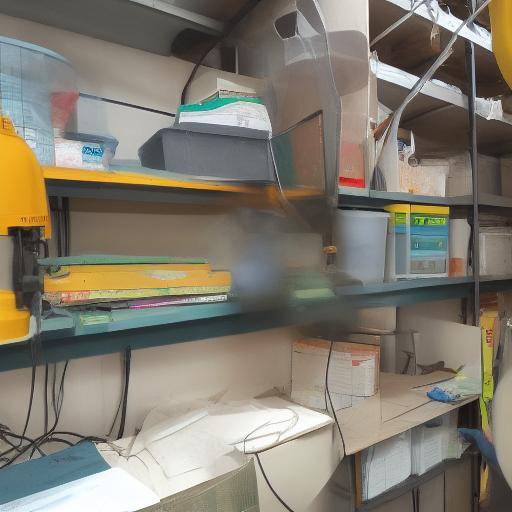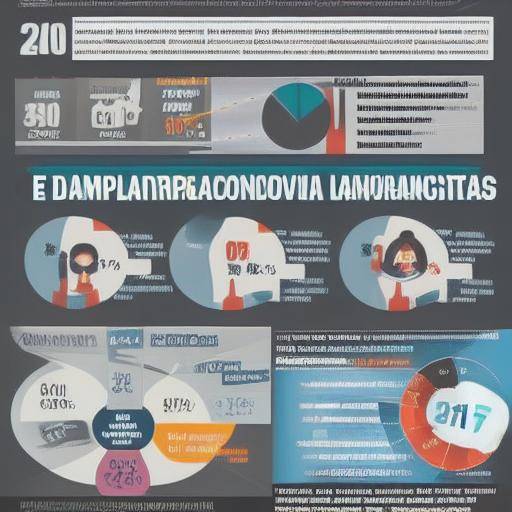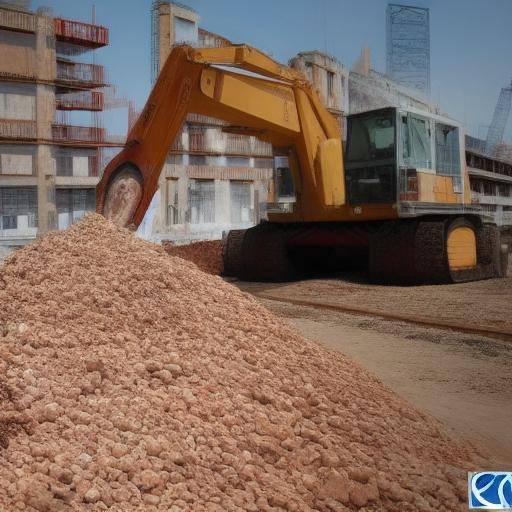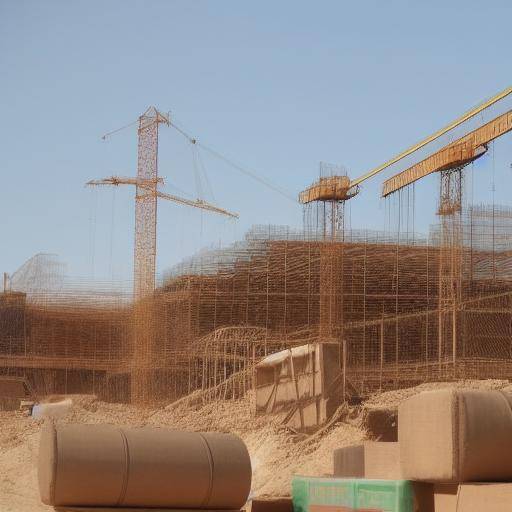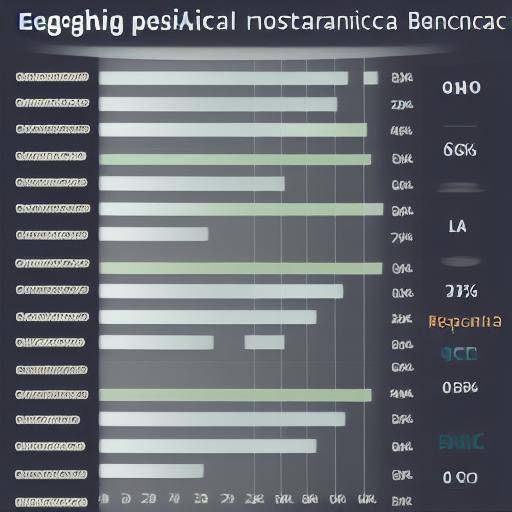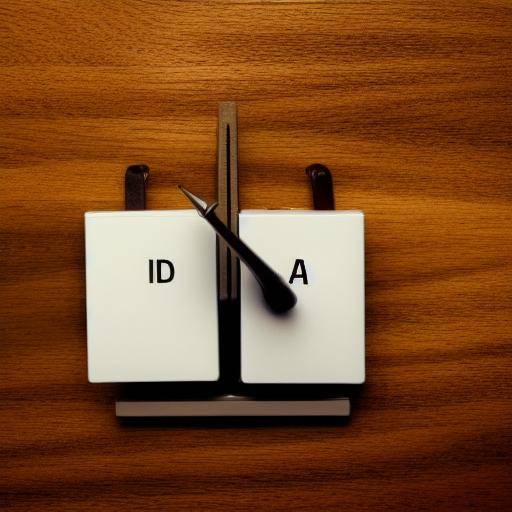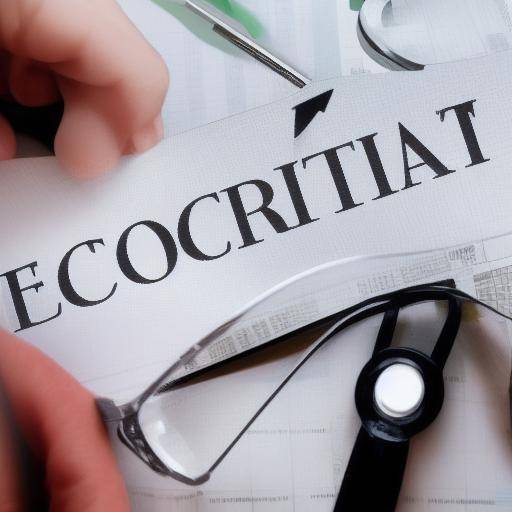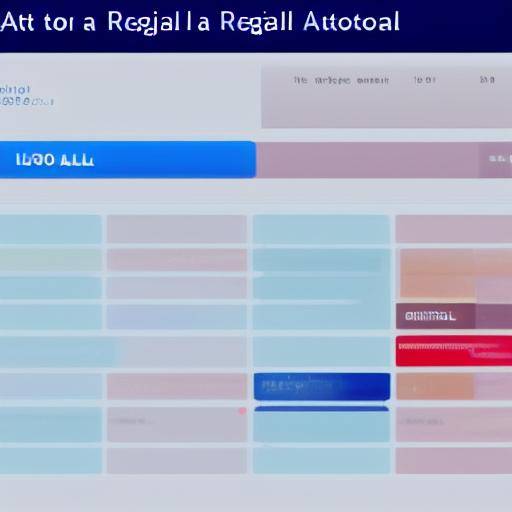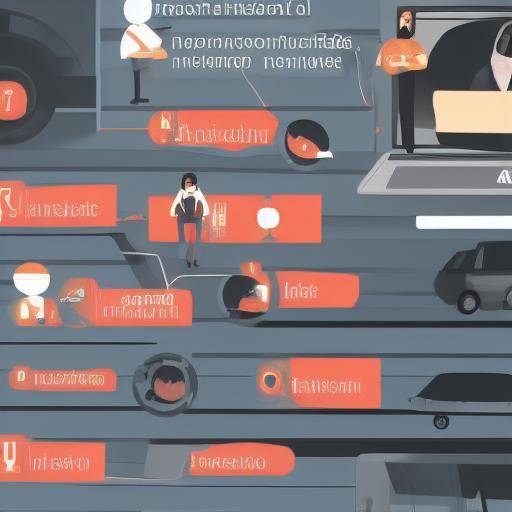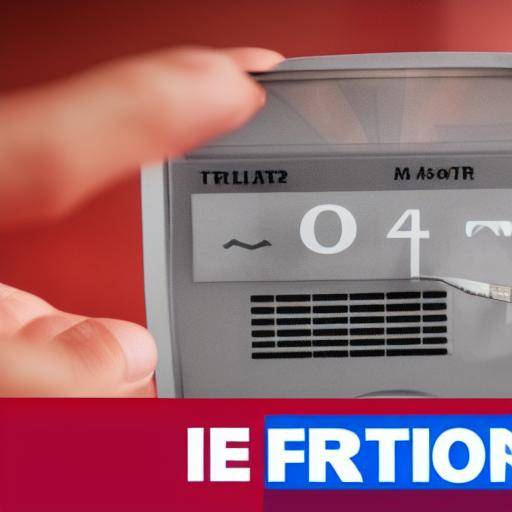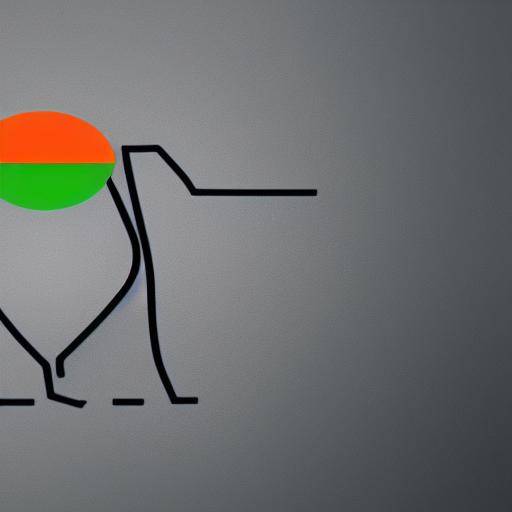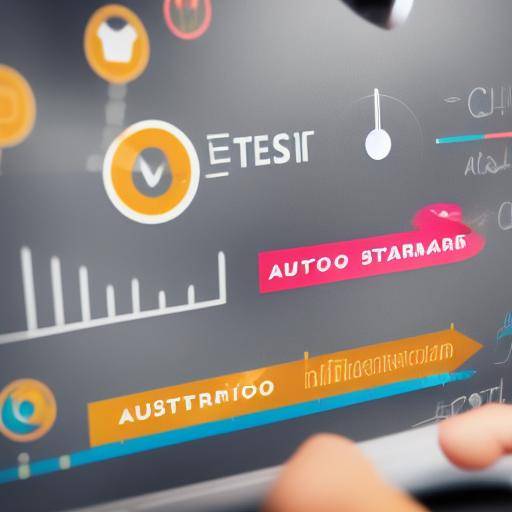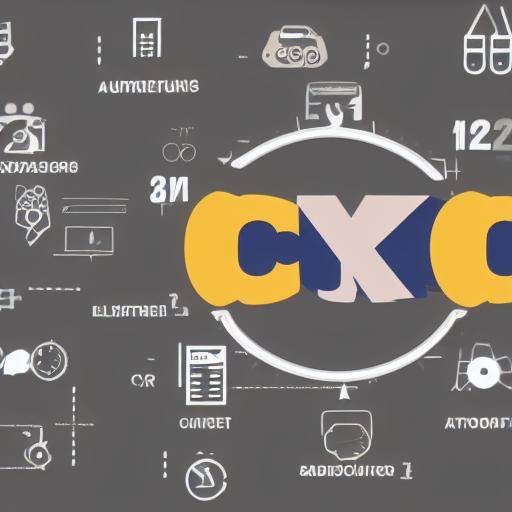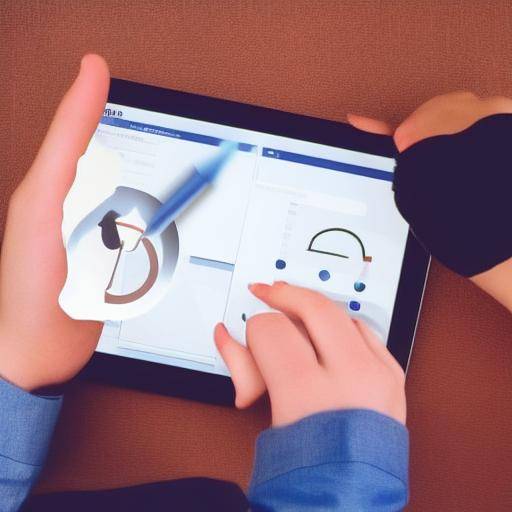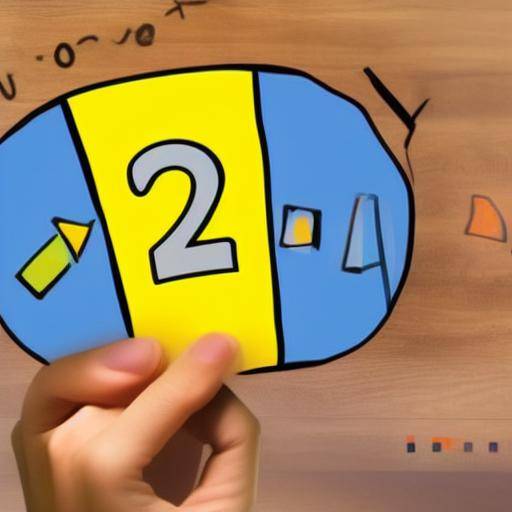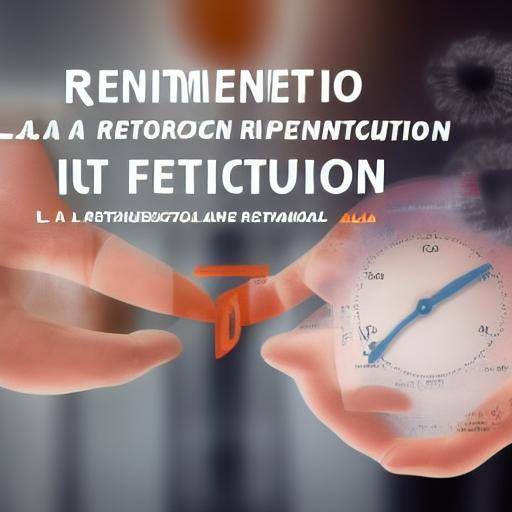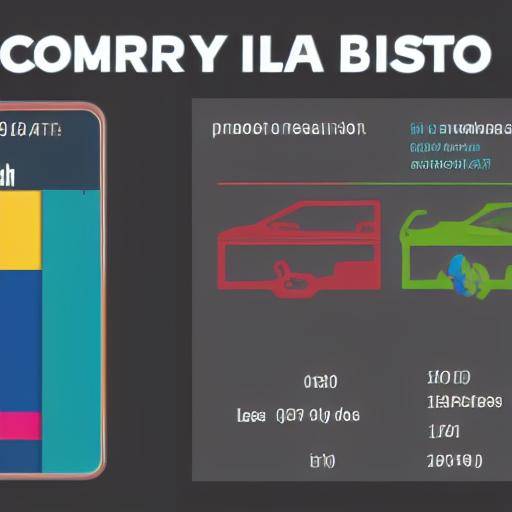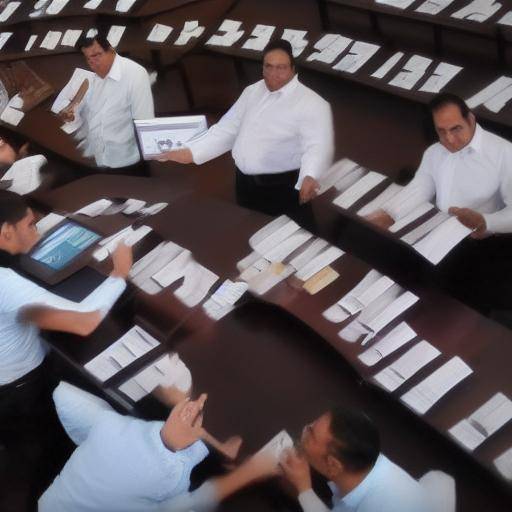
Self-assessment is a vital labor process that allows individuals to reflect on their achievements, identify areas of improvement and look for ways to optimize their performance. When effectively integrated into an organization's reward system, it can foster an environment of growth, motivation and excellence. In this article, we will explore in detail the significance of self-assessment in the improvement of the reward system, as well as its impact on the promotion of a culture of continuous improvement in companies. Along these lines, you will discover the history, benefits, challenges, practical applications and the future of self-evaluation in the context of reward systems.
History and Background
Self-evaluation has been a fundamental element in human and professional development since time immemorial. The ancient civilizations already recognized the importance of personal reflection and the quest for excellence. However, in the modern context, self-assessment has become even more relevant in the optimization of work performance.
The concept of self-assessment took strength in the twentieth century with the boom of industrial and organizational psychology. Since then, it has become an essential tool for professional growth and skills improvement. The introduction of self-assessment in reward systems occurred in parallel to the emergence of performance management in companies with the aim of aligning individual efforts with organizational objectives.
The evolution of self-evaluation has been marked by important milestones such as the improvement of evaluation methods, the incorporation of innovative technologies for their implementation and the emphasis on effective feedback as an integral part of the process.
Analysis in Deep
Self-evaluation plays a crucial role in the development and promotion of a culture of continuous improvement in organizations. By fostering personal reflection, it gives individuals the opportunity to identify their strengths and areas of development, which in turn facilitates the design of personal and professional growth strategies.
In the context of reward systems, self-assessment allows organizations to recognize and reward fairly the efforts, contribution and achievements of their employees. By providing genuine and participatory evaluation, transparency and equity in reward processes are promoted, thereby strengthening staff motivation and commitment.
Self-assessment also provides organizations with a realistic view of the performance of their employees, which facilitates the identification of those who require additional support or training to reach their full potential. It also contributes to the alignment of individual goals with the strategic objectives of the company, thus promoting coherence and collaborative approach in the pursuit of excellence.
Comprehensive review
Within the application of self-assessment in the reward system, several successful practices are highlighted that seek to enhance their impact. These include the implementation of specialized technology tools that streamline and optimize the process, training and development of effective feedback skills, and the creation of a trusted environment that promotes the active participation of employees in self-assessment.
Experts in the field of human resources have pointed out that, within the framework of self-assessment, it is essential to provide continuous support to employees, providing constructive feedback, timely recognition and growth opportunities based on the results of the evaluation. Similarly, the importance of establishing clear and transparent criteria for the allocation of rewards is emphasized, thus ensuring equity and justice in the process.
Comparative analysis
Self-assessment, reward system and continuous improvement are interdependent elements that, when effectively integrated, can significantly enhance individual and organizational performance. Self-assessment promotes personal reflection, allowing individuals to identify areas of improvement, thus aligning their efforts with the strategic objectives of the organization. On the other hand, the reward system recognizes and values outstanding performance, motivating employees to achieve new goals and challenges. Finally, continuous improvement drives constant evolution, promoting excellence and innovation.
By comparing these three elements, it is clear that their harmonious integration can generate powerful synergies that have a positive impact on productivity, labor satisfaction and the retention of talent. The constant feedback obtained through self-assessment fuels the continuous improvement cycle, which in turn influences the effectiveness and equity of the reward system.
Practical Tips and Accessible Guidance
To maximize the impact of self-assessment on the reward system, it is essential that organizations implement effective practices that encourage the active participation of employees in this process. Some practical recommendations include:
- Provide training and resources to facilitate self-evaluation of employees.
- Establish clear and transparent criteria for the allocation of rewards.
- Promote a culture of constructive feedback and personal development.
- Incorporate technology platforms that simplify and streamline the process of self-evaluation and reward management.
Industry Perspectives and Expert Reviews
Leaders in human resources management agree that the effective integration of self-assessment into the reward system generates significant results in the motivation and retention of talent. The timely and personalized feedback from self-assessment can serve as a catalyst for individual development and organizational growth.
Case Studies and Real Life Applications
Several companies have experienced a positive impact by integrating self-evaluation into their reward systems. Case studies show how organizations from different sectors have succeeded in enhancing the commitment, productivity and satisfaction of their employees through effective implementation of self-assessment.
Future Trends and Predictions
The future of self-assessment in the rewards system is promising, with the adoption of innovative technologies that allow a more personalized and detailed evaluation, the integration of more accurate performance metrics and the evolution into a more holistic approach that considers the integral well-being of employees.
Conclusion
In short, self-evaluation plays a key role in improving the reward system, promoting transparency, equity and personal and professional development. By effectively integrating these processes, organizations can promote a culture of continuous improvement, maximizing the potential of their human talent and reaching higher levels of organizational performance and success.
Frequently asked questions
How can I encourage the active participation of employees in self-assessment?
The active participation of employees in self-assessment can be fostered through the creation of a trust environment that promotes personal reflection, constructive feedback and the recognition of the value of their contribution to achieving organizational goals. In addition, providing resources and training to facilitate the self-assessment process can enhance their participation.
What is the impact of self-evaluation on the equity of the reward system?
Self-assessment has a positive impact on the equity of the rewards system by providing an authentic and participatory evaluation, which more accurately reflects the performance and contribution of each employee. By allowing employees to express their achievements, challenges and goals, a space is created for a fairer and more equitable allocation of rewards, avoiding bias and promoting transparency in the process.
What are the best practices to implement self-assessment in the reward system?
Some of the best practices to implement self-assessment in the reward system include establishing clear and transparent criteria, providing training and resources to facilitate self-assessment of employees, promoting a culture of constructive feedback and personal development, and using technology platforms that simplify and streamline the process.
How does self-evaluation influence employee motivation?
Self-assessment positively influences the motivation of employees by providing them with space to reflect on their achievements, identify areas of improvement and actively contribute to the rewards process. By feeling heard and valued, employees are motivated to improve their performance and align their efforts with organizational objectives by considering their personal goals and aspirations.
Is there an ideal time to carry out self-assessment within the reward system?
The ideal time to carry out self-assessment within the reward system can vary according to the culture and specific needs of each organization. However, it is essential to consider alignment with performance review cycles as part of a comprehensive assessment that will allow a fair and equitable allocation of rewards.
What is the impact of continuous improvement on the effectiveness of the reward system?
Continuous improvement influences the effectiveness of the reward system by promoting the constant adaptation, evolution and optimization of the evaluation and reward processes. By integrating the feedback obtained through self-assessment into a cycle of continuous improvement, the transparency, equity and effectiveness of the system is strengthened, generating positive impacts on employee motivation and commitment.
How can self-evaluation influence the professional development of employees?
Self-assessment influences the professional development of employees by providing them with space to identify their strengths, areas of improvement and goals, allowing them to plan and execute personal and professional development strategies. By actively participating in their evaluation, employees are empowered to grow, contributing to more comprehensive and sustainable development in line with organizational objectives.
In conclusion, effective integration of self-assessment into the rewards system is an essential component in promoting a culture of continuous improvement and development in organizations. By providing tools and strategies for personal reflection, the identification of strengths and areas of improvement, and alignment with organizational goals, self-assessment strengthens the equity, motivation and effectiveness of the reward system, maximizing the potential of employees and contributing to the sustainable success of companies.
As a professional, it is essential to understand and apply these practices in order to optimize personal and work performance, promote transparency and equity in the evaluation and reward processes, and actively contribute to continuous development and growth both individually and organizationally.

